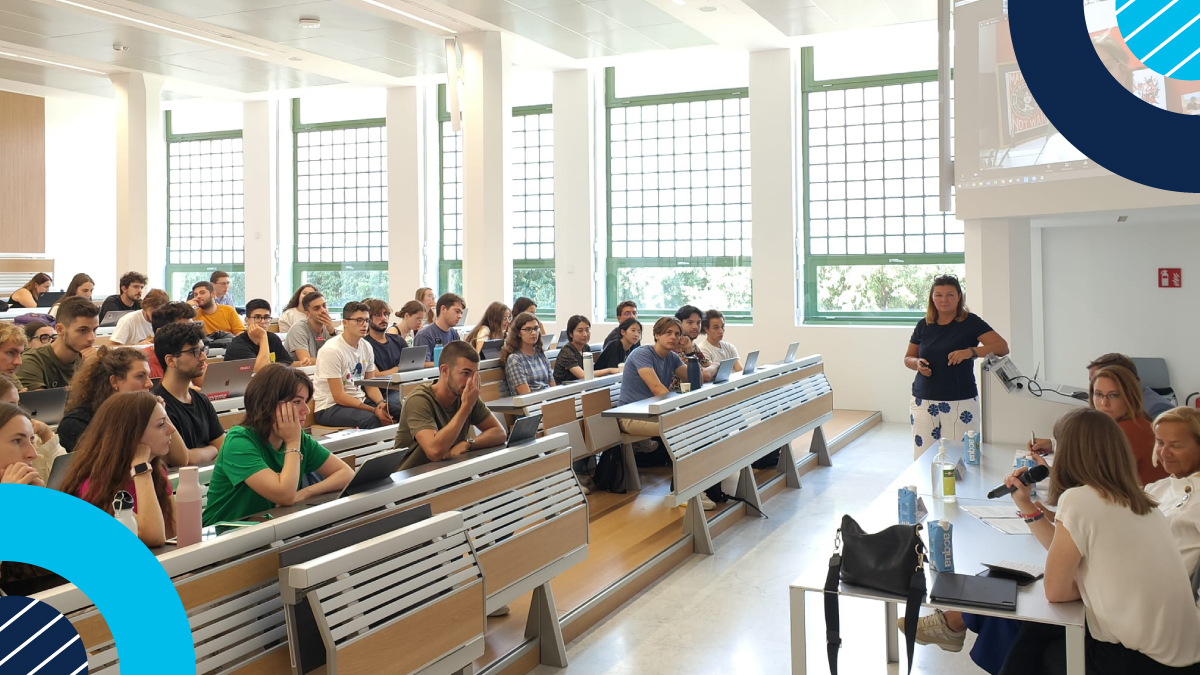SINGAPORE - May 21, 2004 - The National University of Singapore (NUS), a leading research-intensive institution, has moved swiftly ahead with the deployment of higher capacity Wireless LAN solutions for its entire campus. Built using Cisco Aironet 1200 Series 802.11g equipment, the new wireless networks are capable of delivering up to 54 Mpbs throughput. This is one of the first large-scale deployments of 802.11g-enabled wireless networks in Asia Pacific. The 802.11g solutions will replace existing 802.11b and 802.11a compliant equipment and increase wireless coverage from 30 per cent to 100 per cent on NUS' 150 hectare campus.
NUS has 32,000 students spread over 11 faculties. Staff and students will now be able to wirelessly access the campus intranet from anywhere in the University. NUS is also a member of the IHL-CIO (institutes of higher learning chief information officers) Forum that signed an agreement recently to enable wireless roaming between all the tertiary institutions across the country. The Cisco Aironet 1200 Series 802.11g network is integrated into NUS' gigabit-class NUSNET-IV campus network that is built end-to-end with Cisco routing, switching and security solutions.
"A wireless network gives us the flexibility to respond to fluctuating demand. The increasing area density of access points means we can cater to large number of users within a single location. Overall, this translates into cost savings and a more efficient deployment and use of critical resources," said Roland Yeo, network manager, Computer Centre, NUS. "The Cisco wireless solution performed well as it could support more users, was easier to manage, and is more secure. Hence, it could offer a practical solution to our wireless security concerns."
With simultaneous support for both 2.4 GHz and 5 GHz radios, the Cisco Aironet 1200 Series provides NUS with a migration path to the 54 Mbps bandwidth with the IEEE 802.11g protocol. Its modular design supports single- and dual-band configuration, plus the field upgradeability to change these configurations as requirements change and technologies evolve. Cisco management tools and the Cisco Wireless LAN Switching Engine 2.5 (WLSE) help NUS to manage the almost 1,000 Cisco Aironet 1200 Access Points across the campus.
"NUS is a model for how an academic institution can leverage technology to enhance the learning environment and enable its staff to teach and work more efficiently. Cisco is privileged to have been able to work closely with NUS and play an instrumental part in helping to develop NUS into one of the most hi-tech universities in the world," said Craig Gledhill, managing director, Singapore, Cisco Systems.
NUS has been working with Cisco for over 14 years, starting with Cisco's routing products in the 1990s. Since 2000, Cisco has been the main provider for NUS' campus network infrastructure with Catalyst 6500 Series Switches and Catalyst 3500 Series Switches forming the core of the network. In 2001, Cisco became the main wireless and firewall vendor for NUS. In 2003, NUS replaced its in-house developed fault management system with Cisco's Network Connectivity Monitor (NCM). Today, NUS boasts one of the largest wireless networks in the Asia Pacific with almost 1,000 Cisco Aironet Access Points deployed across its campus.
"Cisco's solution is cost effective and has brought us enhanced value on security. We are pleased to work with Cisco who have demonstrated good professionalism in supporting us and helping us in the design and implementation," said Tommy Hor, director for the NUS Computer Centre.
About National University of Singapore (NUS)
Acknowledged as one of the finest universities in the Asia-Pacific region, NUS is a comprehensive university which offers a broad-based curriculum underscored by multidisciplinary courses and cross-faculty enrichment. It has 11 faculties, with an enrolment of more than 23,000 undergraduate and 9,000 graduate students. NUS actively promotes innovation and entrepreneurship, both in the classroom and research facilities. It enjoys a close teaching-research nexus with 13 affiliated national-level, 10 university-level and more than 60 faculty-based research institutes and centres. The University is strongly committed to advancing knowledge and fostering innovation, educating students and nurturing talent in service of country and society.





